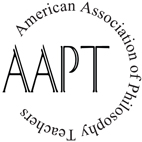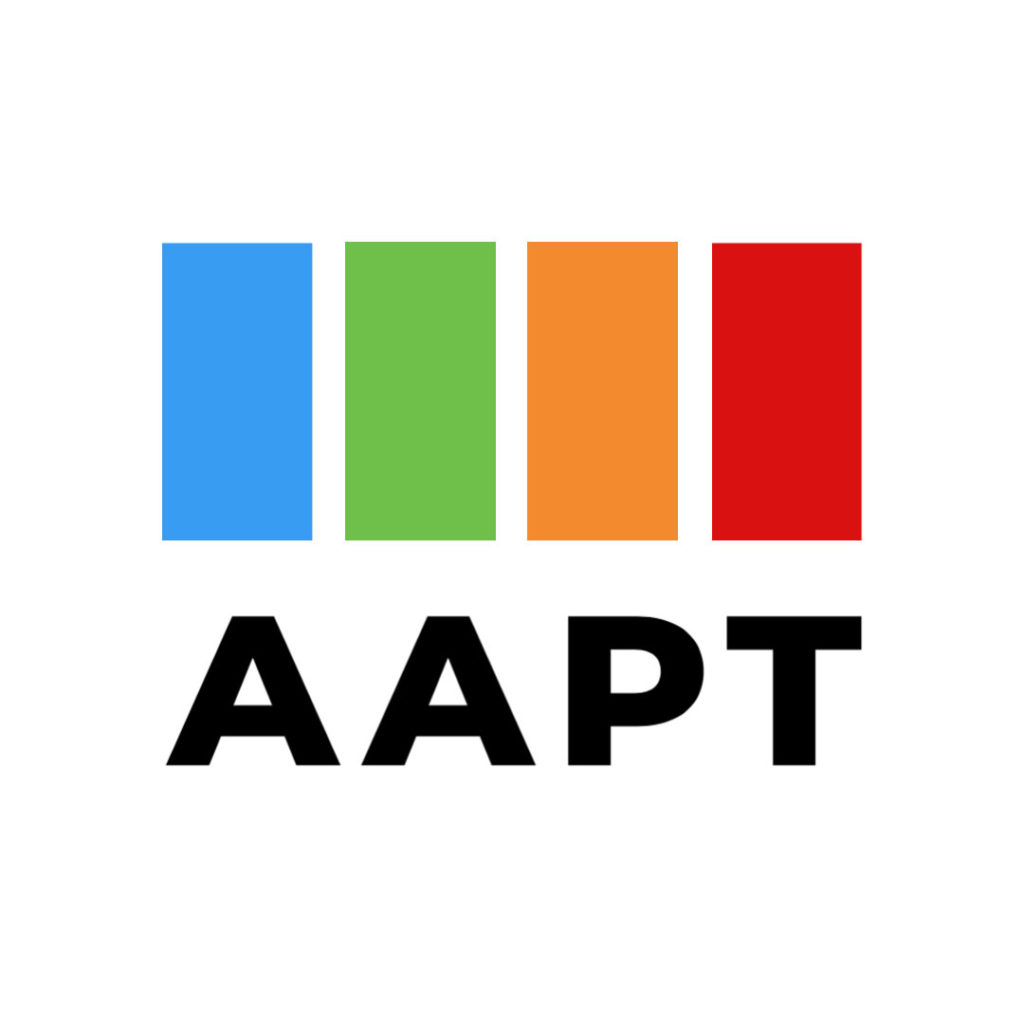Fall 2024 Talking/Teaching Schedule Updated

The Fall 2024 Talking/Teaching schedule is nearly complete. For those already registered for this fall’s installment of our free online discussion series, an updated Zoom link has been sent out. If you haven’t registered but are interested in one or more sessions, register once to receive a Zoom link for the entire series.
10/04/24 (12:00 Eastern): Paul Green: How Does This Fit?: Navigating the norms of philosophy in an interdisciplinary context
What disciplinary norms in philosophy are likely to be disorienting to interdisciplinary students? How can a philosophy instructor help students make sense of philosophical methods and norms relatively quickly? I will start by giving two examples from teaching philosophical writing. The following discussion will aim to 1) identify various disciplinary norms that might trip up students, and 2) brainstorm about how to help students navigate these norms within a broader disciplinary perspective. If there is time, I’d also like to discuss how to help students understand the value of philosophical work more broadly, especially as a complement (not competitor) to other disciplines.
10/11/24 (3:00 Eastern): Claude Gratton: A Method to Evaluate Arguments and Explanations
The great majority of textbooks in critical thinking or argumentation teach a variety of reasoning skills without teaching a procedure that organizes the application of those skills. Consequently, most students have difficulty orchestrating the application of those skills to their own thinking, academic disciplines, and controversial topics. Thus, they have difficulty transferring those many reasoning skills that we too often teach disconnected from one another. I will start our discussion by briefly illustrating the application of a method that I have developed over many years of trials and errors and describe the logical and practical justifications of the method.
11/01/24 (12:00 Eastern): Kristen Oganowski: Demonstrating Joy in Discomfort
Many students appear to have an aversion to discomfort: one that is detrimental to their learning. As such, I argue that educators should find creative and strategic ways to show our students how to find joy or take delight in discomfort.
To be clear: I argue not only that we should value discomfort. I also argue that we should develop an emotional disposition that demonstrates this value to our students and to each other. This will require theorizing not only about our students but also about ourselves: our assumptions, our practices, and our comportment in the classroom.
The guiding questions for my discussion will be as follows:
–What is the pedagogical value of discomfort?
–How should we distinguish what I call “productive discomfort” from “harmful discomfort”?
–Do we have a moral duty to demonstrate “delight in discomfort” for our students?
11/8/24 (3:00 Eastern): Stephen Block-Schulman: Students Put Questions into Question
“Putting Questions into Question: Questions in the Philosophy of Questions and Questions in the Philosophy of Philosophy Questions” is the Senior Seminar in Philosophy at Elon University this Fall. Taught by Stephen Bloch-Schulman, the class has been engaged in both theoretical and empirical approaches to understanding how philosophers use and help students use questions, both inside and outside the classroom. We are doing think alouds, getting philosophy faculty to think about how they guide students to ask better questions when writing. And we are doing classroom observations focused on questions in classrooms, both philosophy classrooms and non-philosophy classrooms. Please join us—faculty and students—to talk about what they have learned by studying questions. We will ask how we might better understand the roles that questions play in philosophy and in the philosophy classroom and how to make those roles clearer and more explicit for students, thus allowing students to better understand the work that questions do and can do.
11/15/24 (12:00 Eastern): Alida Liberman: Alternate Standards of Philosophical Excellence
What is valuable about the practice of doing philosophy? We will talk about how we might move beyond traditional, narrow standards of philosophical excellence to incorporate a broader range of aims into our courses (such as cultivating joy, creating community, and engaging in open-ended exploration). We will first collectively engage in a brief creative activity, then reflect on what made our non-expert practice of this activity good or valuable. We will use this as a jumping-off point for reflection about what traditional standards of philosophical excellence are, and how the practice of philosophy can be worthwhile in ways that go beyond these standards.
11/22/24 (3:00 Eastern): Jonathan Surovell: Teaching About Inferences to Improve Critical Thinking Outcomes
To start this discussion, I’ll first briefly explain what argument maps are and some of the research on their pedagogical efficacy. Then I’ll introduce a new kind of argument map: one with inference boxes between the conclusion and premises. As I’ll show, the inference box allows for more effective teaching about what inference is and inference rules. Finally, I’ll demonstrate how the inference box allows us to teach about analogical arguments, and the criteria for assessing them, more effectively.
12/06/24: TBD


